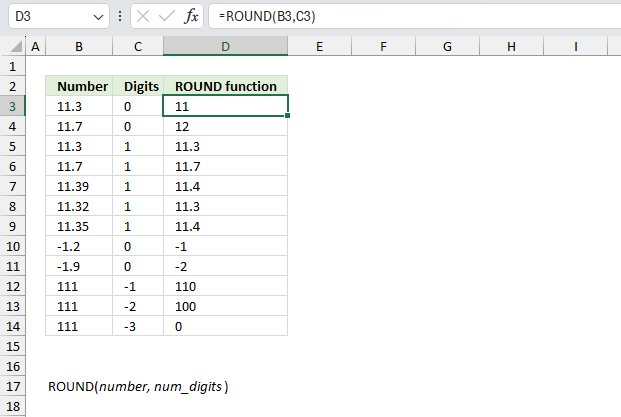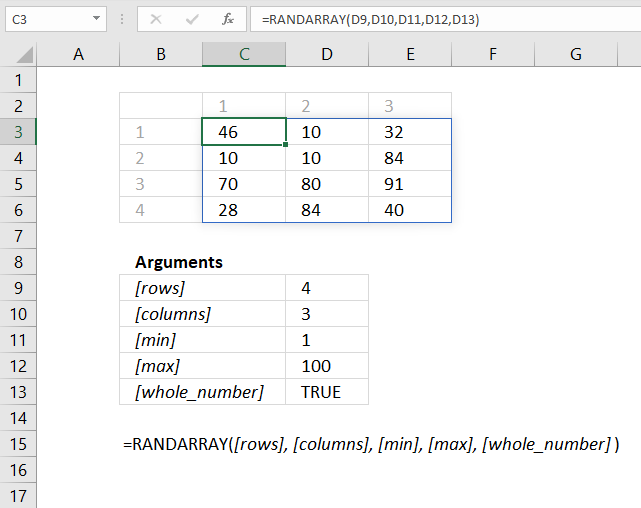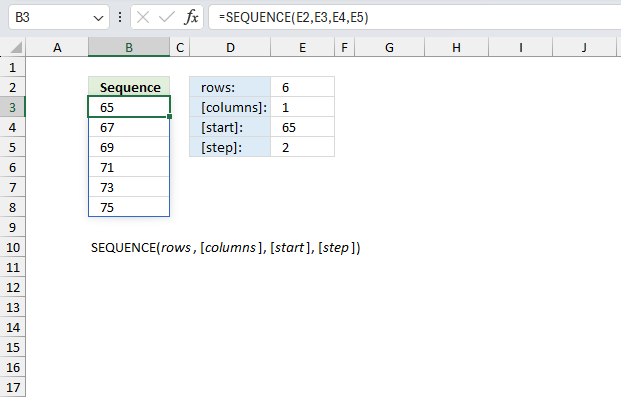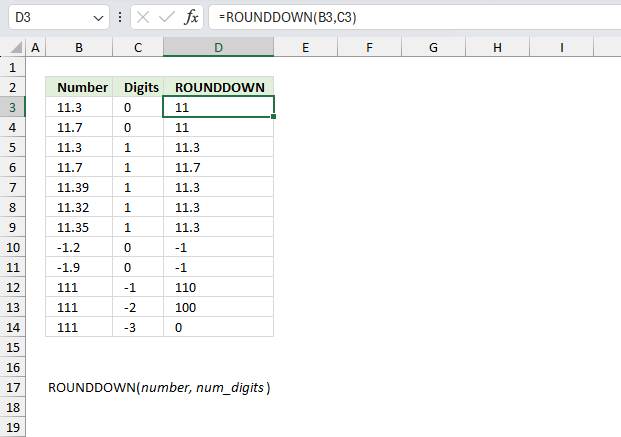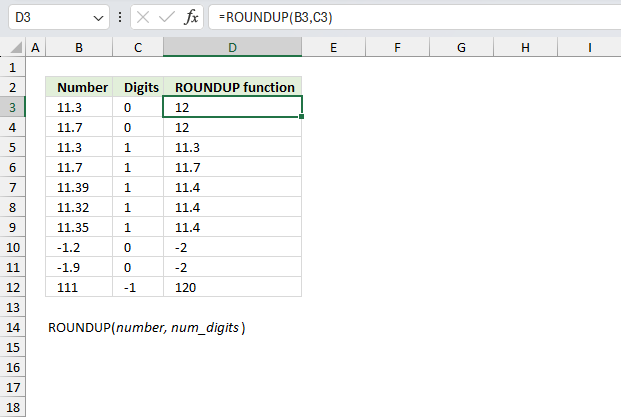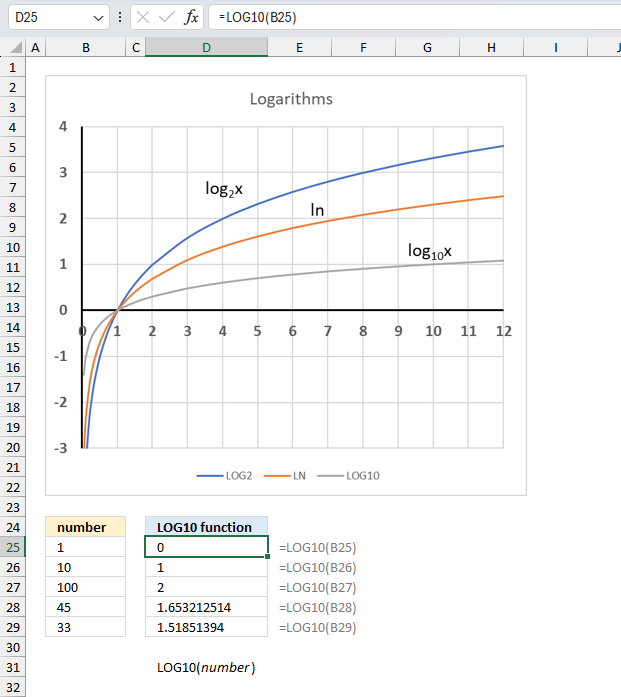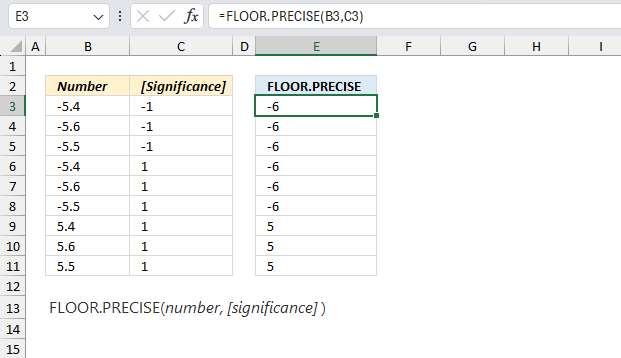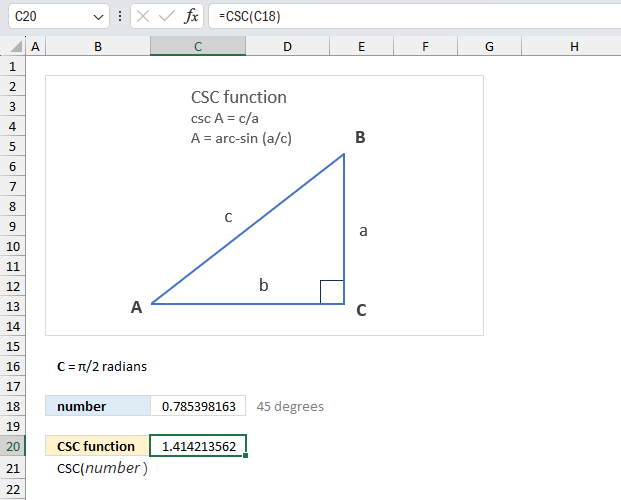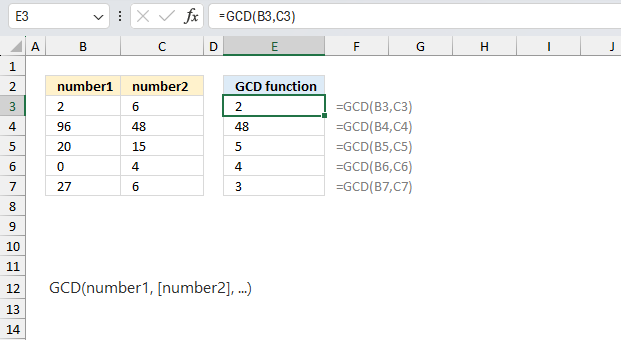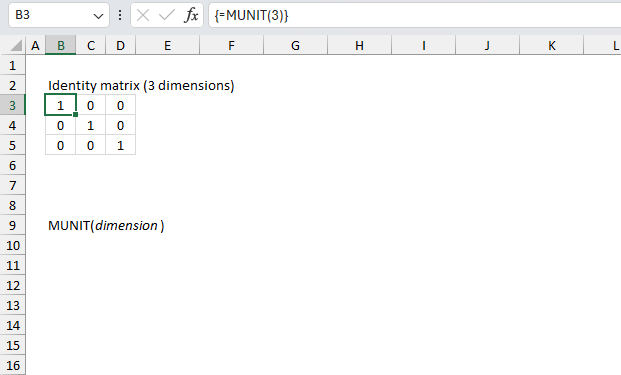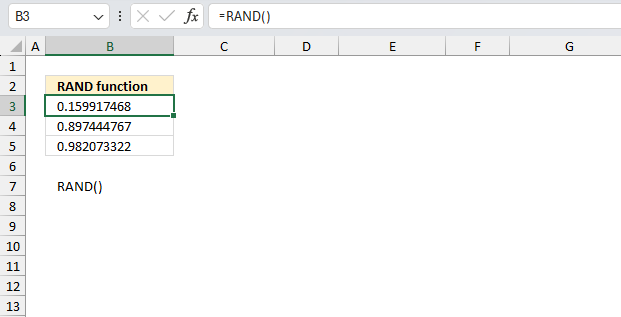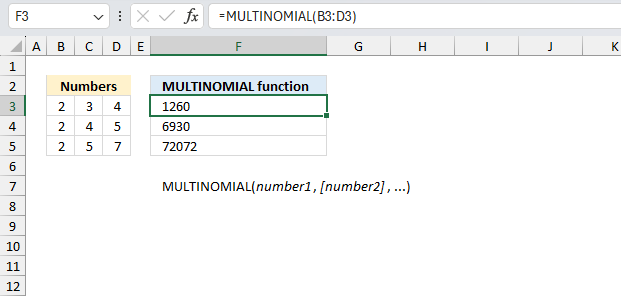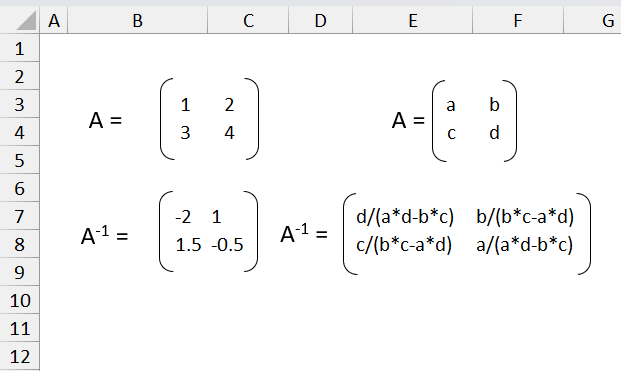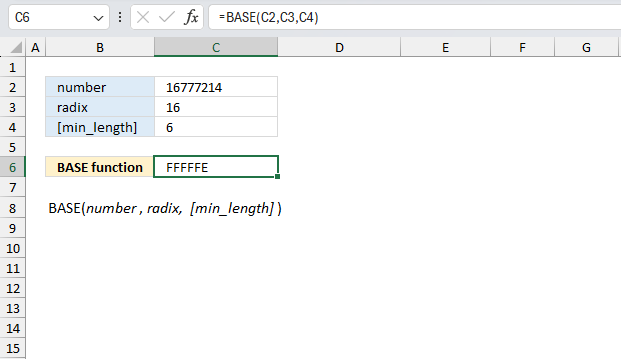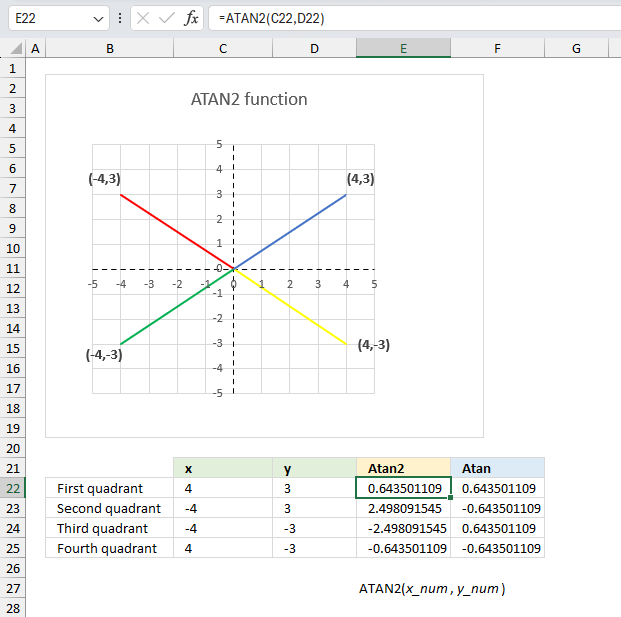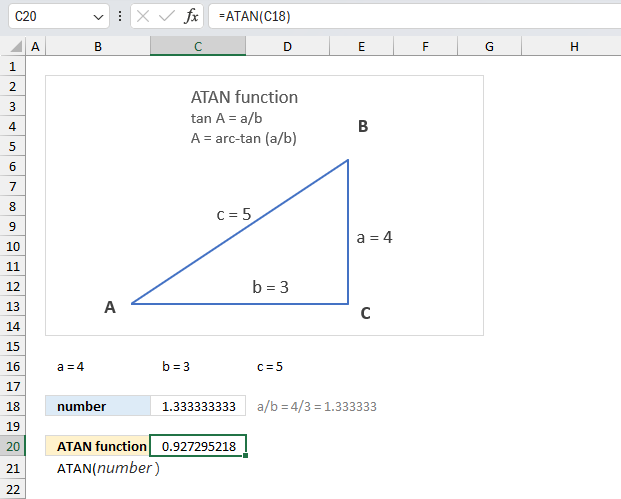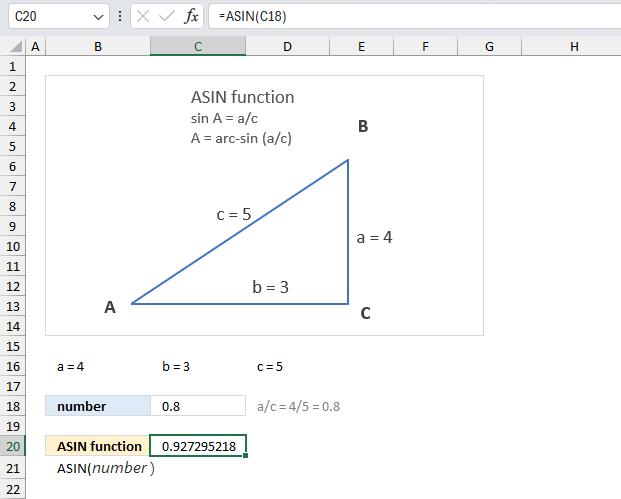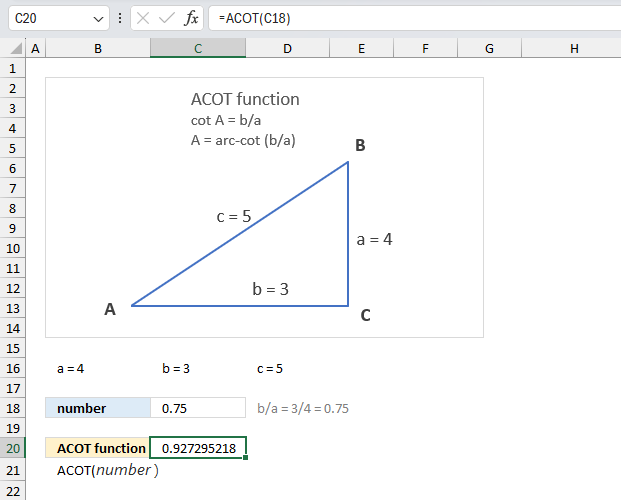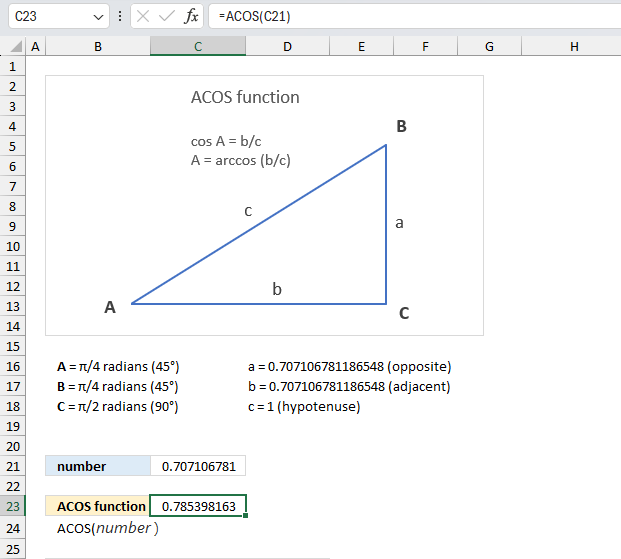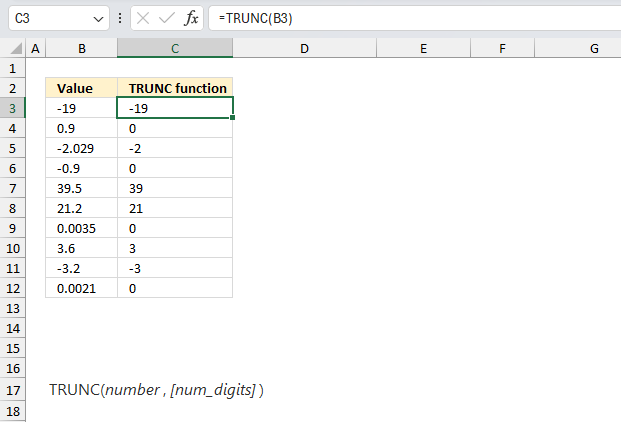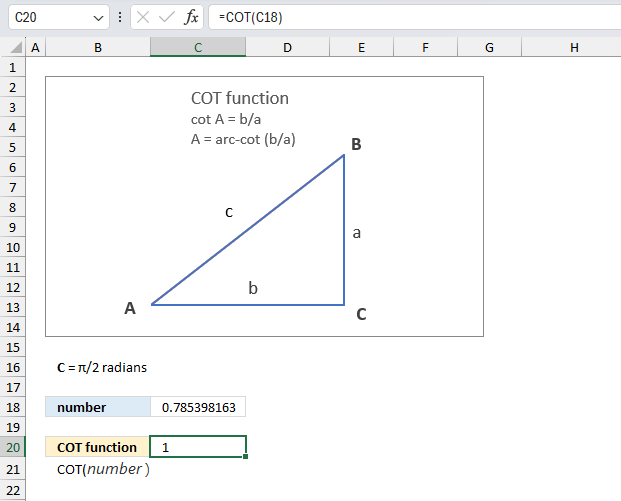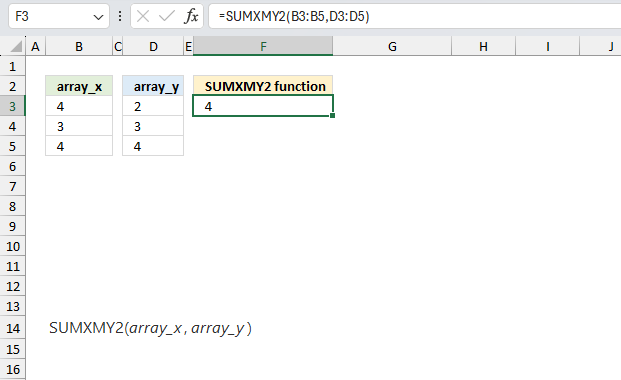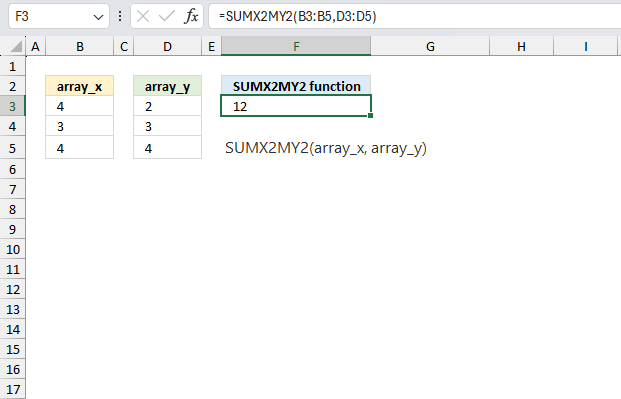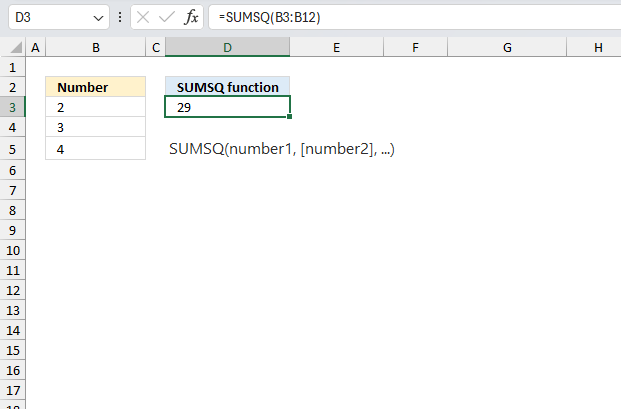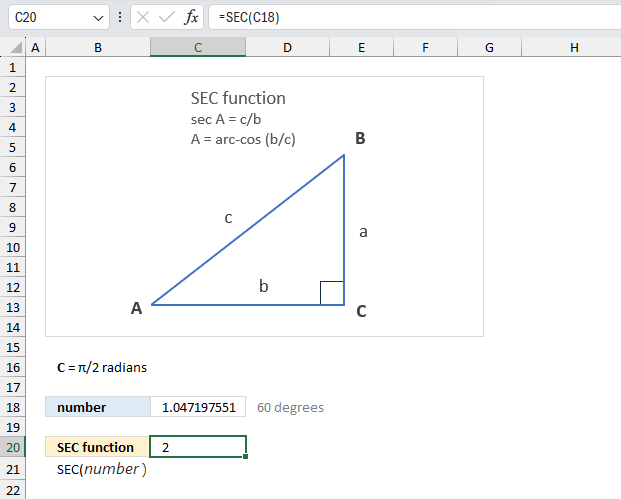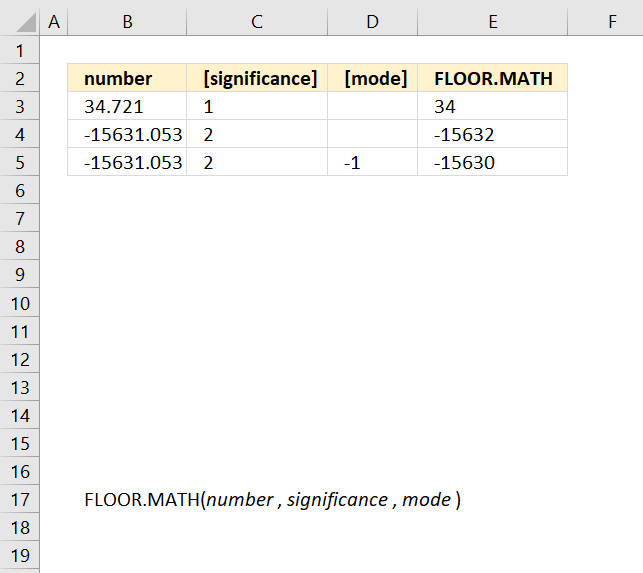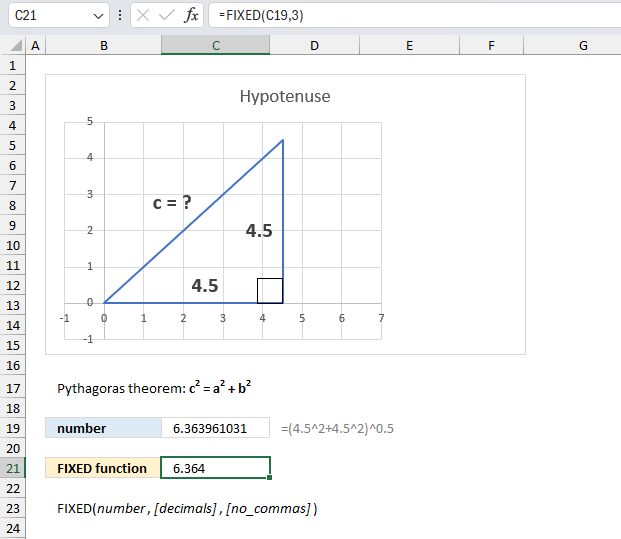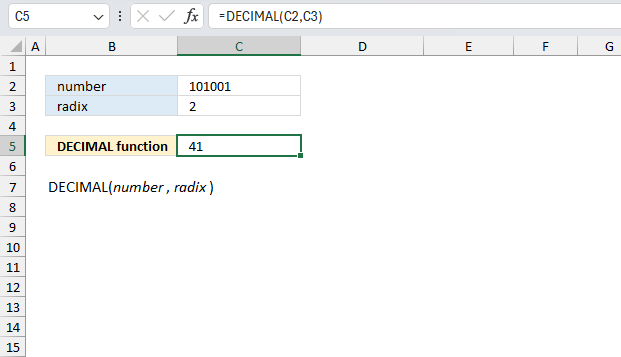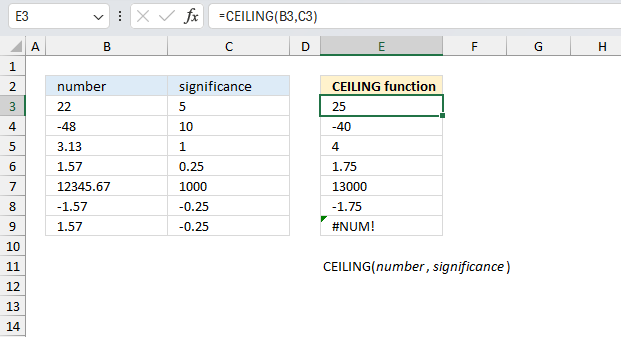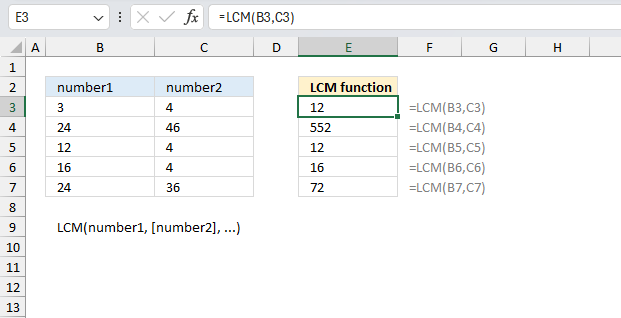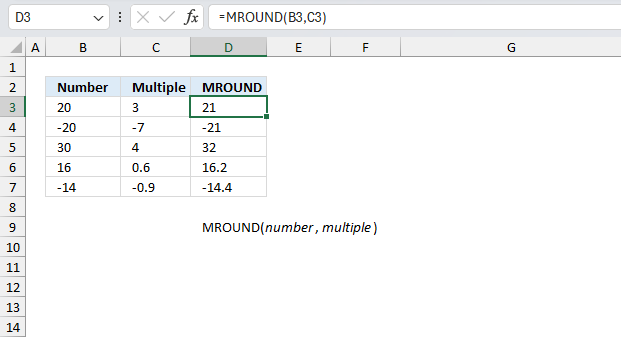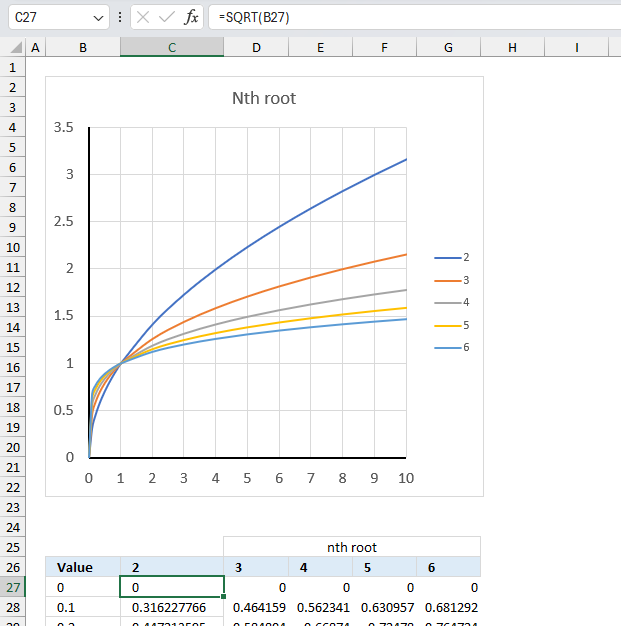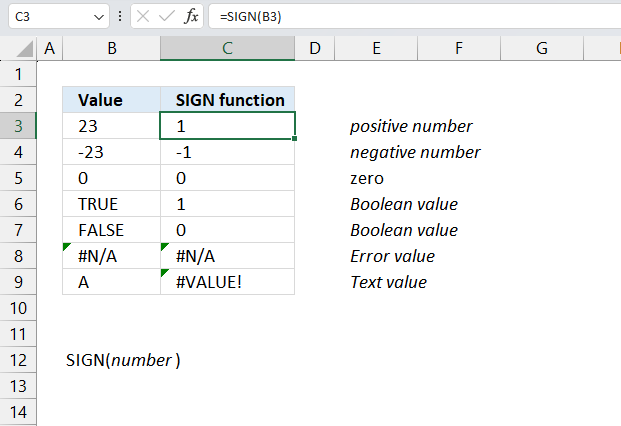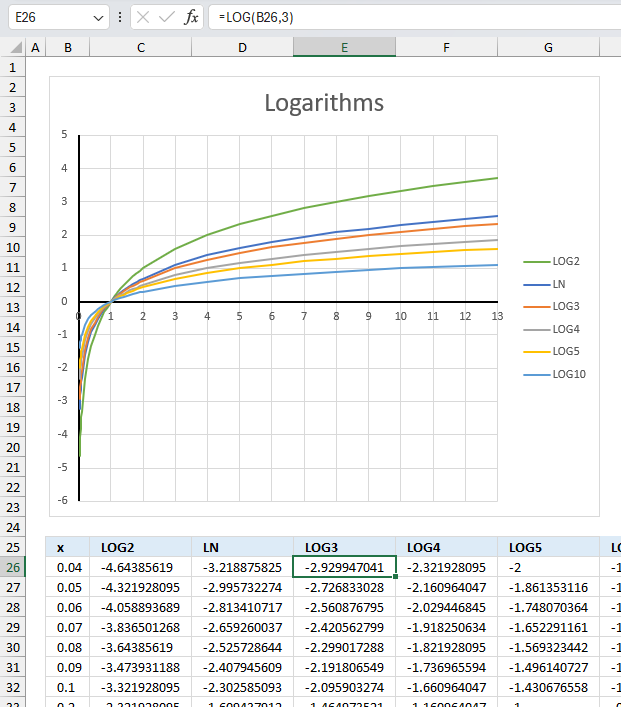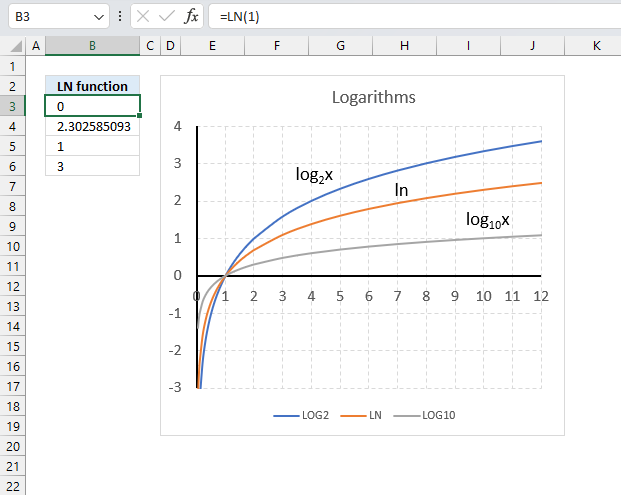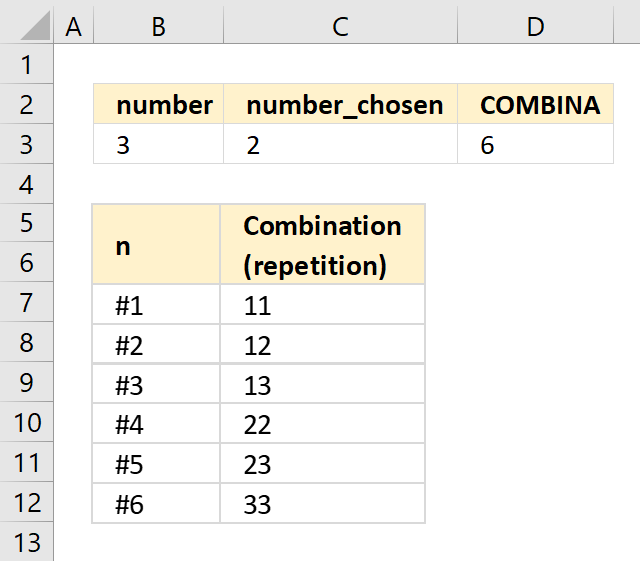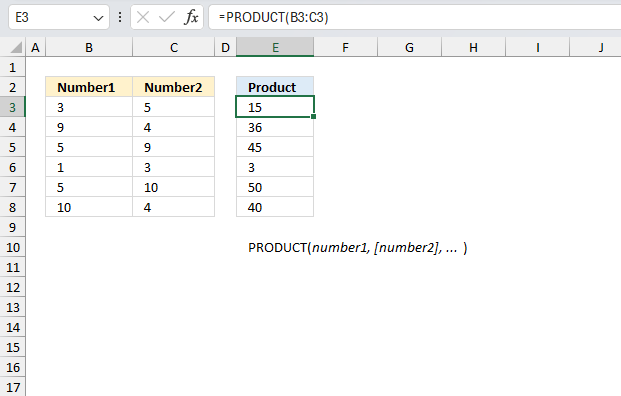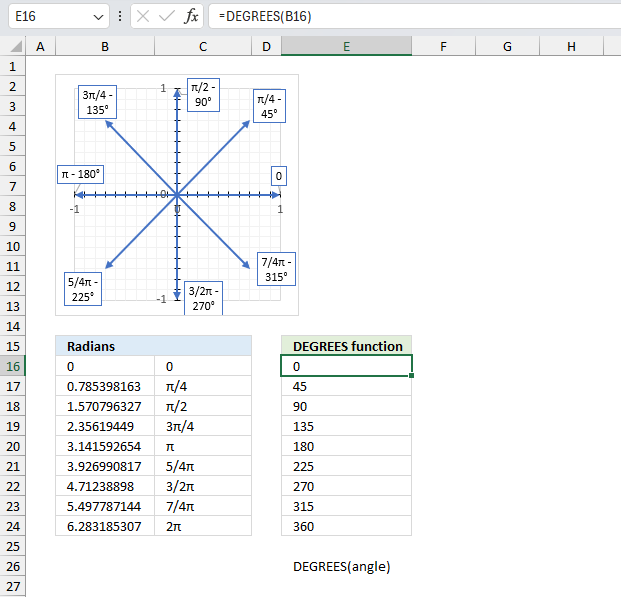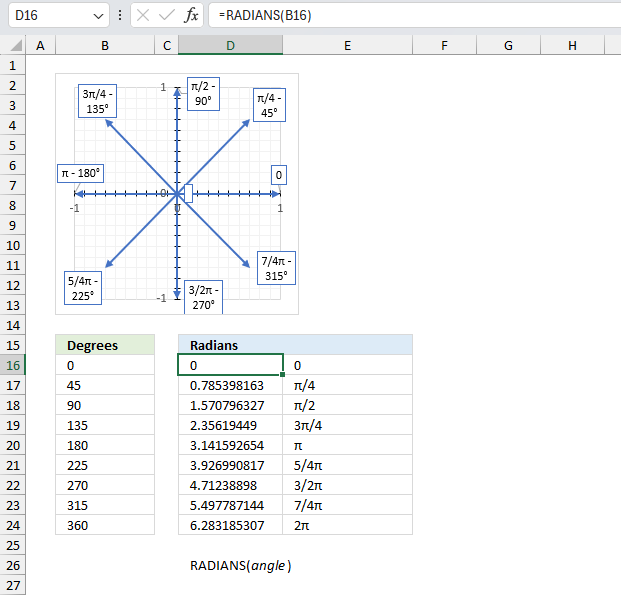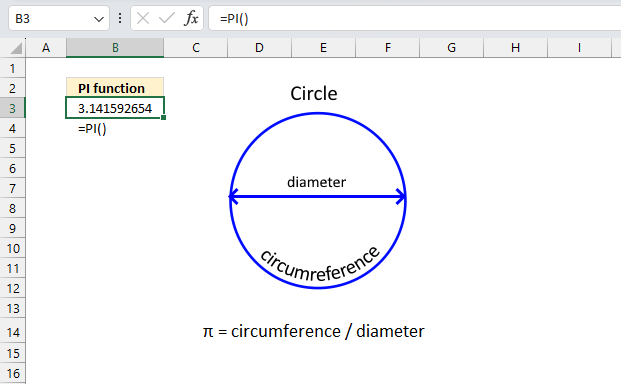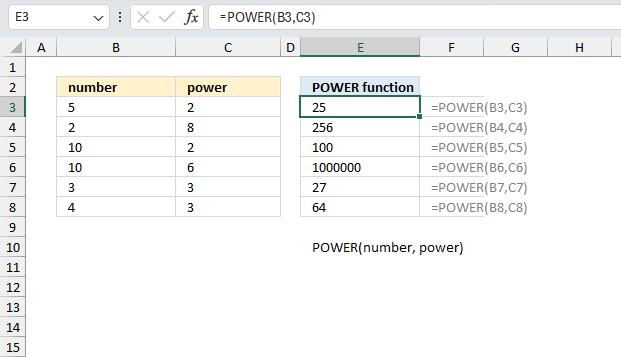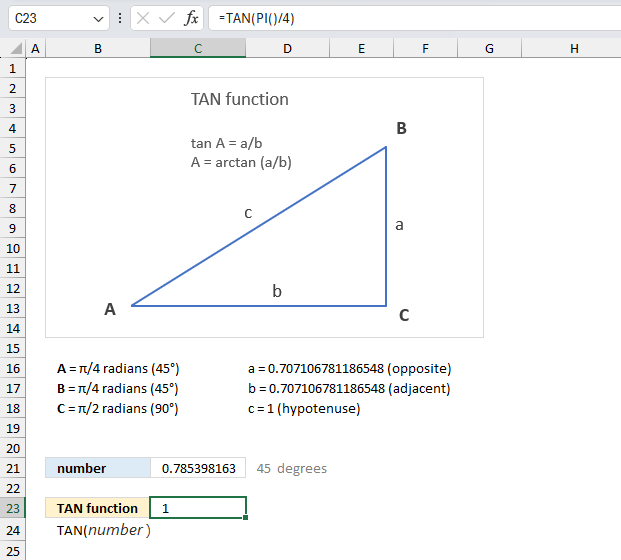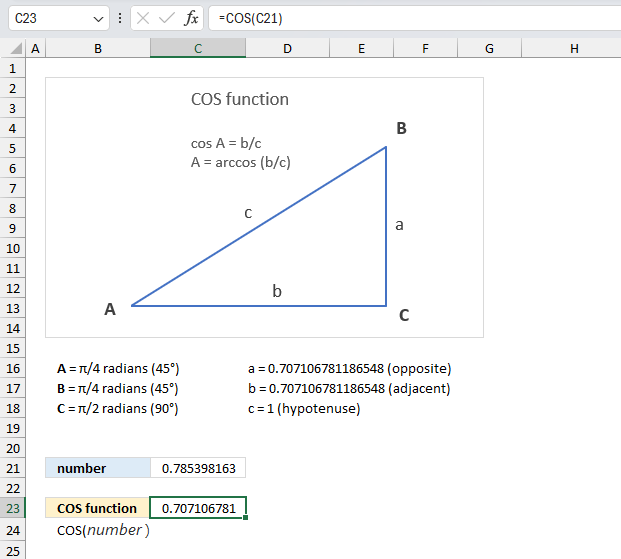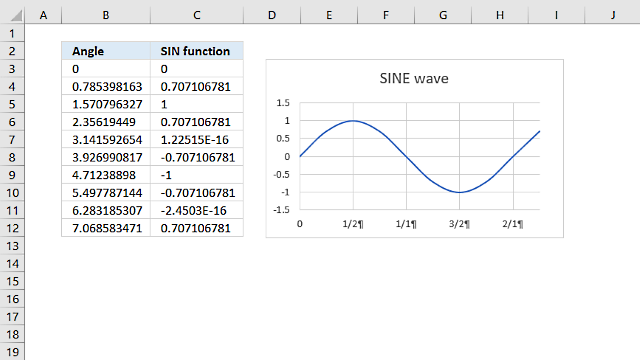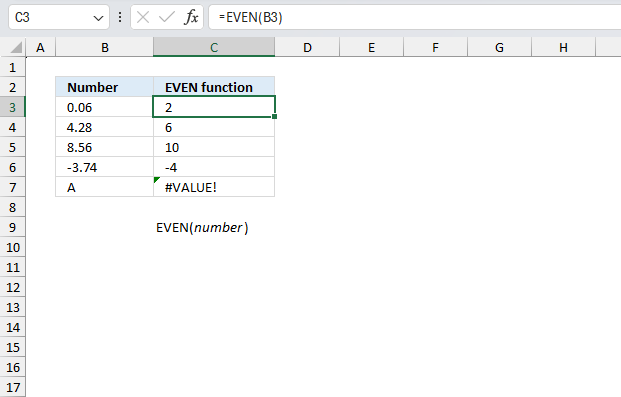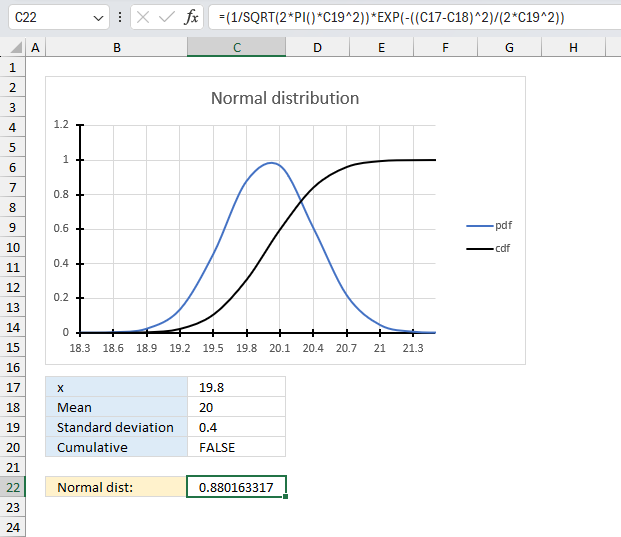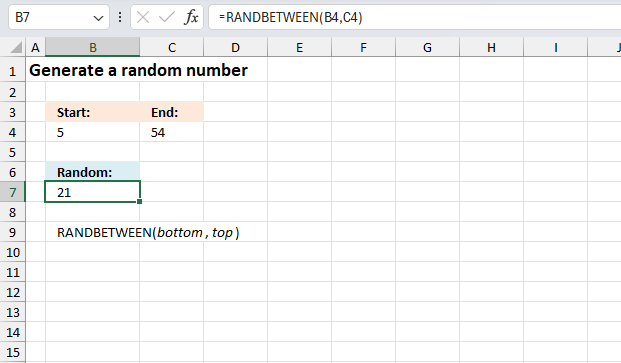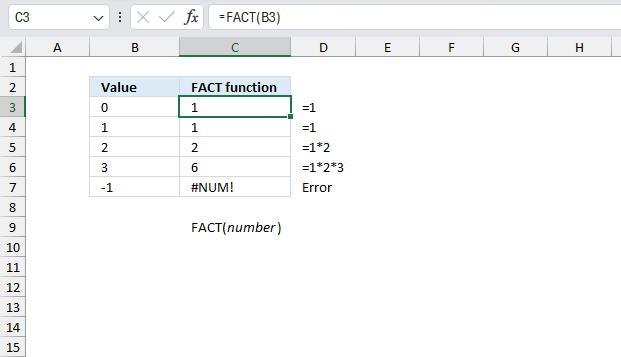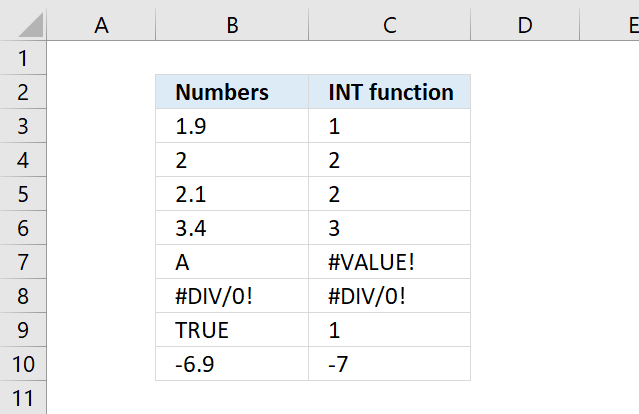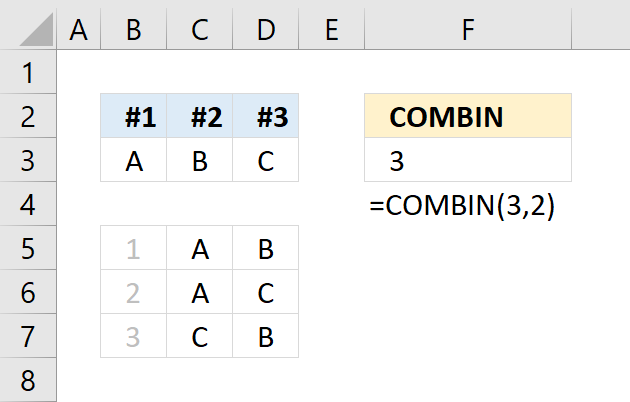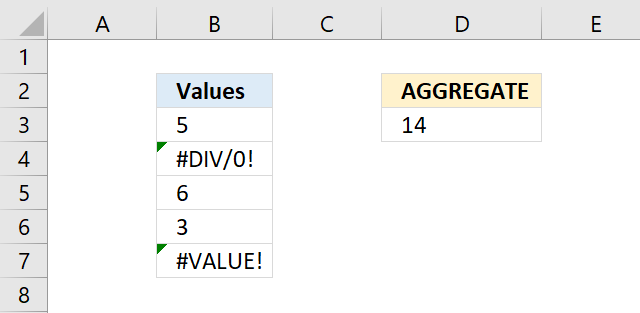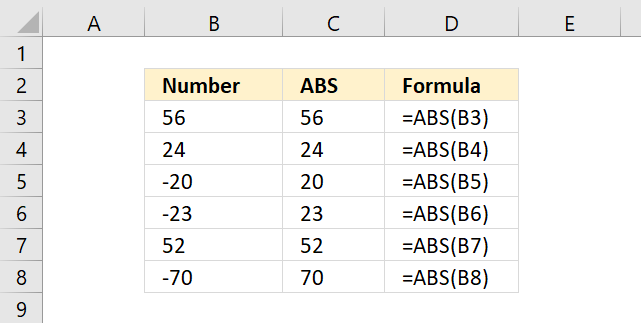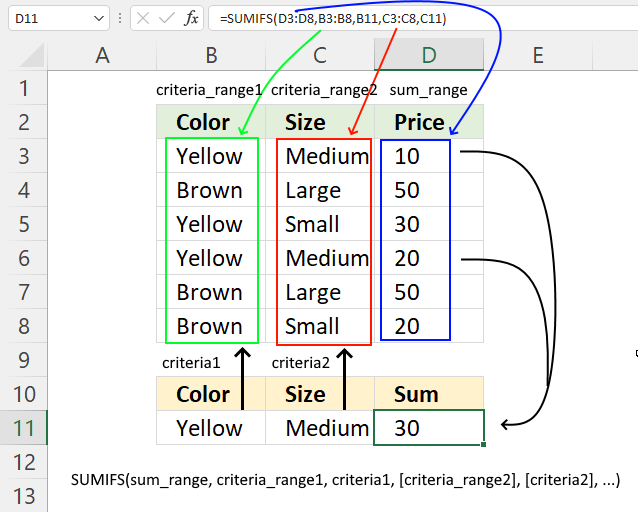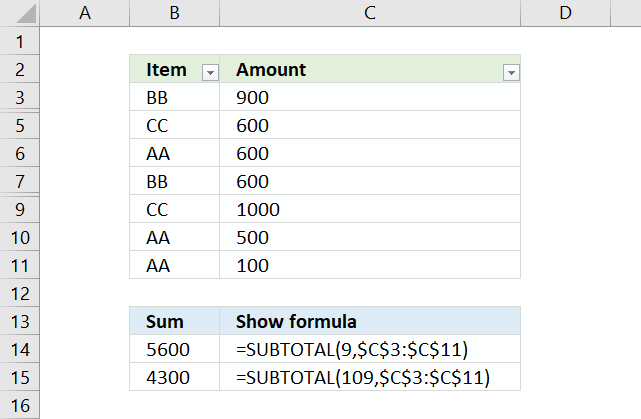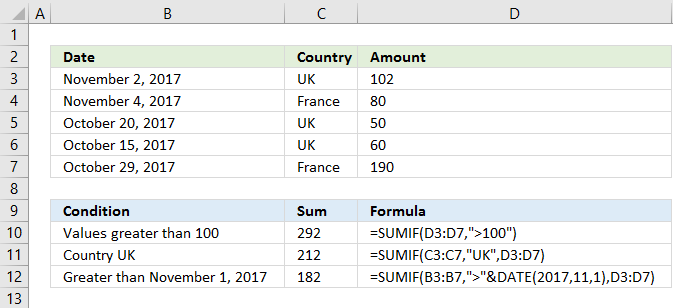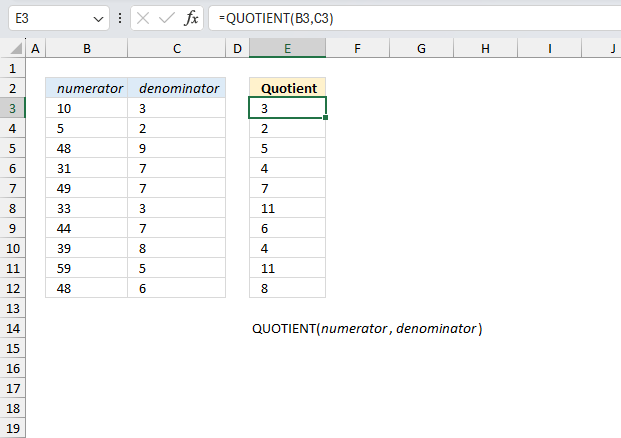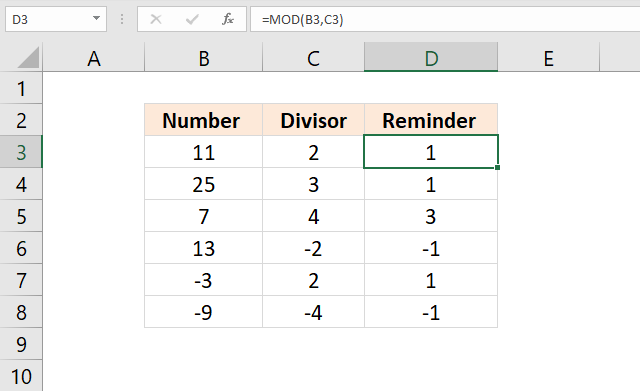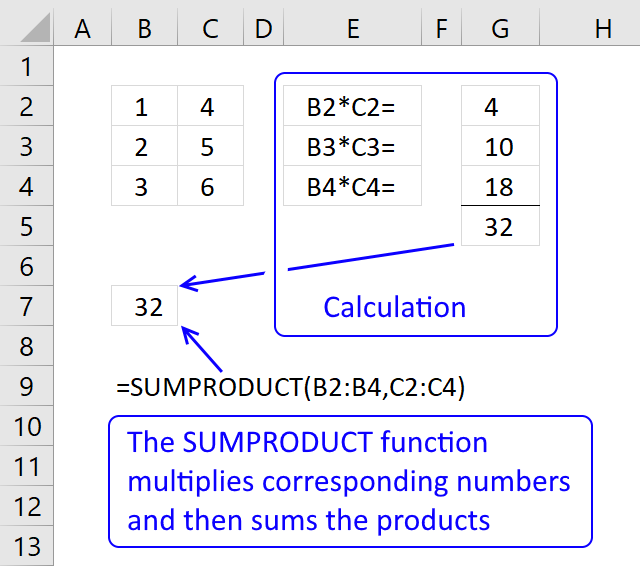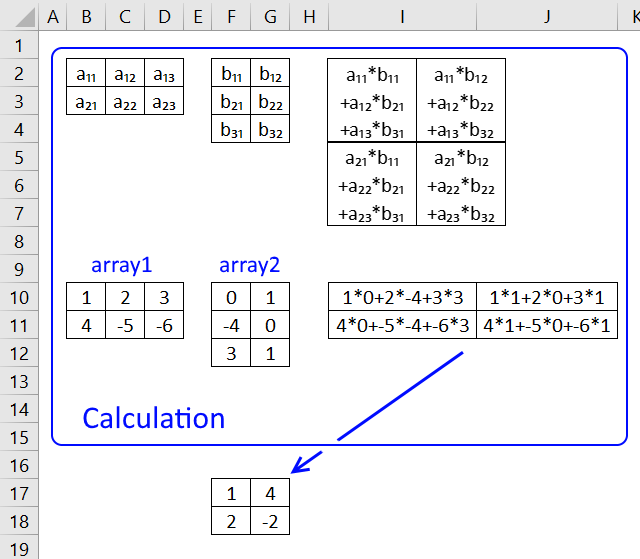Math and trigonometry functions
How to use the GROUPBY function
What is the GROUPBY function? The GROUPBY function allows you to aggregate data through a formula vertically. It is a […]
This article demonstrates the LET function introduced in Excel 365. What is the LET function? The LET function in Excel […]
What is the ROUND function? The ROUND function calculates a rounded number based on the number of digits you specify. […]
How to use the RANDARRAY function
What is the RANDARRAY function? The RANDARRAY function returns a table of random numbers across rows and columns. It is […]
How to use the SEQUENCE function
What is the SEQUENCE function? The SEQUENCE function creates a list of sequential numbers to a cell range or array. […]
How to use the ROUNDDOWN function
What is the ROUNDDOWN function? The ROUNDDOWN function calculates a number rounded down based on the number of digits to […]
How to use the ROUNDUP function
What is the ROUNDUP function? The ROUNDUP function calculates a number rounded up based on the number of digits to […]
What is the LOG10 function? The LOG10 function calculates the logarithm of a number using the base 10. Table of […]
How to use the FLOOR.PRECISE function
What is the FLOOR.PRECISE function? The FLOOR.PRECISE function rounds a number down to the nearest integer or nearest multiple of […]
What is the CSC function? The CSC function calculates the cosecant of an angle (radians). It returns the same value […]
What is the GCD function? The GCD calculates the greatest common divisor that divides all given arguments without a remainder. Table […]
What is the MUNIT function? The MUNIT function calculates the identity matrix for a given dimension. Table of Contents Introduction Syntax Example […]
What is the RAND function? The RAND function calculates a random real number greater than or equal to 0 and […]
How to use the MULTINOMIAL function
What is the MULTINOMIAL function? The MULTINOMIAL function calculates the ratio of the factorial of a sum of values to […]
How to use the MINVERSE function
What is the MINVERSE function? The MINVERSE function calculates the inverse matrix for a given array. What is the MINVERSE function […]
What is the BASE function? The BASE function converts a decimal number into a text representation with a given radix […]
What is the ATAN2 function? The ATAN2 function calculates the arc-tangent of an angle using specific x- and y-coordinates. The […]
What is the ATAN function? The ATAN function calculates the arc-tangent of a number. The returned angle is in radians […]
What is the ASIN function? The ASIN function calculates the arc-sine of a number. The angle is in radians and […]
What is the ACOT function? The ACOT function calculates the arc-cotangent of a given number which is an angle given […]
What is the ACOS function? The ACOS function calculates the arc-cosine of a given number. Table of Contents Introduction Syntax […]
What is the TRUNC function? The TRUNC function removes the fractional part of the number to an integer. Trunc stands […]
What is the COT function? The COT function calculates the cotangent of an angle specified in radians. Table of Contents […]
How to use the SUMXMY2 function
What is the SUMXMY2 function? The SUMXMY2 function calculates the sum of squares of differences of corresponding values in two […]
How to use the SUMX2MY2 function
What is the SUMX2MY2 function? The SUMX2MY2 function calculates the sum of the difference of squares of corresponding values in […]
What is the SUMSQ function? The SUMSQ function calculates the sum of the squares of the arguments. Table of Contents […]
What is the SEC function? The SEC function calculates the secant of an angle. Table of Contents Introduction Syntax Example […]
How to use the FLOOR.MATH function
What is the FLOOR.MATH function? The FLOOR.MATH function rounds a number down to the nearest integer or to the nearest […]
What is the FIXED function? The FIXED function rounds a number to the specified number of decimals, formats the number […]
How to use the DECIMAL function
What is the DECIMAL function? The DECIMAL function converts a text representation of a number in a given base into […]
How to use the CEILING function
What is the CEILING function? The CEILING function rounds a number up to its nearest multiple. The number is rounded […]
What is the LCM function? The LCM function calculates the least common multiple. Table of Contents Introduction Syntax Example Function […]
How to use the MROUND function
What is the MROUND function? The MROUND function calculates a number rounded to a given multiple. What's on this page […]
What is the SQRT function? The SQRT function calculates the positive square root. The SQRT function is not the only […]
What is the SIGN function? The SIGN function returns the sign of a number. 1 for a positive number, 0 […]
What is the LOG function? The LOG function calculates the logarithm of a number to a specific base. The log […]
What is the LN function? The LN function calculates the natural logarithm of a number. Table of Contents Introduction Syntax […]
How to use the COMBINA function
What is the COMBINA function? The COMBINA function calculates the number of combinations with repetition for a given number of […]
How to use the PRODUCT function
What is the PRODUCT function? The PRODUCT function returns the product of the numbers given in the argument. Table of […]
How to use the DEGREES function
What is the DEGREES function? The DEGREES function calculates degrees based on radians. Degrees are denoted by °. Table of […]
How to use the RADIANS function
What is the RADIANS function? The RADIANS function converts degrees to radians. Table of Contents Introduction Syntax Example 1 Example […]
What is the PI function? The PI function returns the number pi (¶). Table of Contents What is the number […]
What is the POWER function? The POWER function calculates a number raised to a power. You can also use the […]
What is the TAN function? The TAN function calculates the tangent of an angle in radians. Table of Contents Introduction […]
What is the COS function? The COS function calculates the cosine of an angle. Table of Contents Introduction Syntax Example […]
The SIN function calculates the sine of an angle. What's on this page Introduction Syntax Example How to use degrees […]
What is the EVEN function? The EVEN function rounds a number up to the nearest even whole number. Table of […]
What is the EXP function? The EXP function returns e raised to the power of a given number. Table of […]
How to use the RANDBETWEEN function
What is the RANDBETWEEN function? It returns a random whole number between the numbers you specify. This function is volatile […]
What is the FACT function? The FACT function returns the factorial of a number. Table of Contents Introduction Syntax Example […]
What is the INT function? The INT function removes the decimal part from positive numbers and returns the whole number […]
How to use the COMBIN function
The COMBIN function returns the number of combinations for a specific number of elements out of a larger number of […]
How to use the AGGREGATE function
What is the AGGREGATE function? The AGGREGATE function allows you to calculate different specific functions to a list or database. […]
What is the ABS function? The ABS function converts negative numbers to positive numbers, in other words, the ABS function […]
How to use the SUMIFS function
What is the SUMIFS function? The SUMIFS function calculates a total based on multiple criteria, it has been available in […]
How to use the SUBTOTAL function
What is the SUBTOTAL function? The SUBTOTAL function calculates a subtotal based on a cell range. The picture above shows […]
What is the SUMIF function? The SUMIF function sums values based on a condition. The condition can be applied to […]
What is the SUM function? The SUM function in Excel allows you to add numerical values and returning a total, […]
How to use the QUOTIENT function
The quotient function returns the integer portion of a division. The remainder is left out. This function is useful in […]
What is the MOD function? The Mod function returns the remainder after a number is divided by a divisor. The […]
How to use the SUMPRODUCT function
The SUMPRODUCT function calculates the product of corresponding values and then returns the sum of each multiplication.
What is the MMULT function? The MMULT function calculates the matrix product of two arrays, an array as the same number […]


